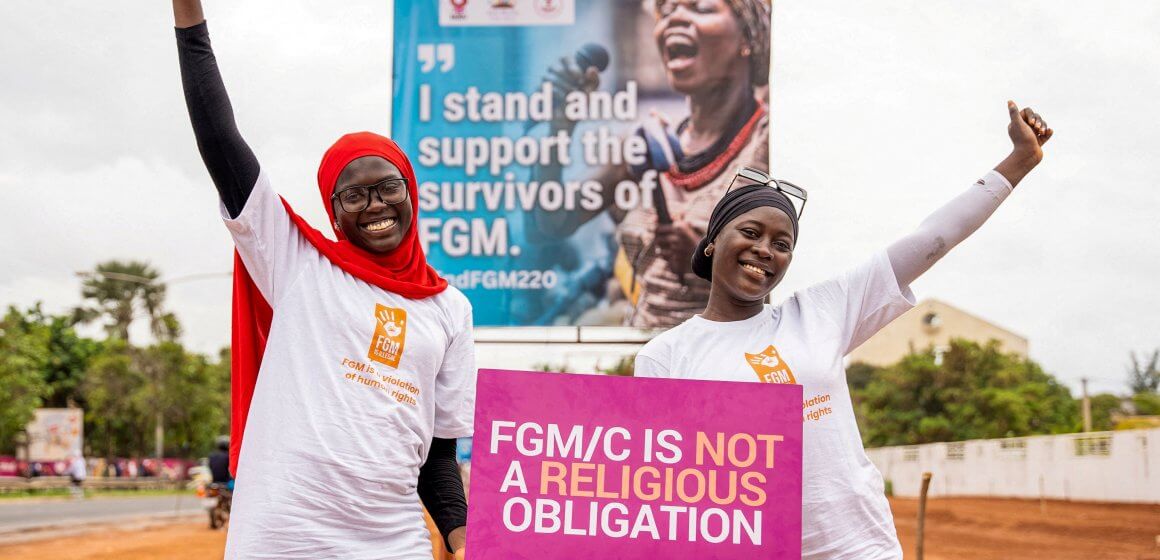|
LISTEN TO THIS THE AFRICANA VOICE ARTICLE NOW
Getting your Trinity Audio player ready...
|
The Gambia’s parliament Monday, July 15th, rejected a bill that sought to overturn the country’s ban on female genital mutilation (FGM). The proposed law was voted down clause by clause. The speaker, Fabakary Tombong Jatta, announced the final defeat.
The bill, which ignited a national debate on FGM for the first time in Gambia, divided communities and even parliamentarians. Almaneh Gibba, the lawmaker who introduced the proposal, argued that he was defending cultural and religious prerogatives in the predominantly Muslim nation where FGM is widespread and deeply entrenched. However, many Islamic scholars disputed his rationale.
The bill passed its second reading in March with only five out of 53 lawmakers opposing it, raising alarm among rights advocates who feared Gambia might become the first country to reverse a ban on the practice. However, after weeks of public hearings, the parliament’s health and gender affairs committees presented a joint report on July 8th, recommending that the ban on FGM remain in place.
The report was adopted by a vote of 35 to 17, with two abstentions.
On Monday, as parliament voted on each clause of the bill ahead of a third and final reading scheduled for July 24th, around 30 MPs opposed each clause, leading Jatta to halt the bill’s progression.
“The (National) Assembly cannot be engaged in such a futile exercise as to allow the bill to proceed to a third reading,” Jatta said. “The bill is rejected and the legislative process exhausted.”
Almaneh Gibba was unavailable for immediate comment as the parliamentary session was still in progress.
Anti-FGM activist Fatou Baldeh, who was subjected to FGM at the age of 8, expressed relief at the bill’s rejection but lamented that it had been considered at all. “I am not celebrating for the fact that our women and girls’ lives were put on the line, that made me sad,” Baldeh stated.
Despite the 2015 law banning FGM, enforcement has been inconsistent, according to anti-FGM campaigners. The government denies these claims. The first and only conviction under the ban occurred in 2023, when three women were found guilty of cutting eight infant girls, prompting Gibba to introduce the repeal bill.











LEAVE A COMMENT
You must be logged in to post a comment.